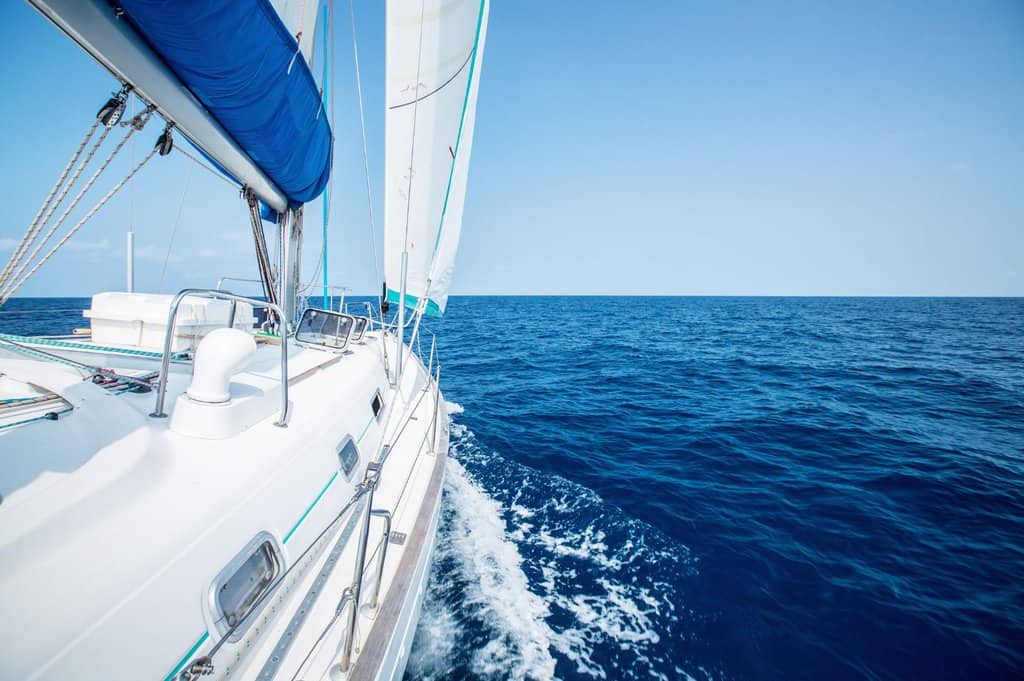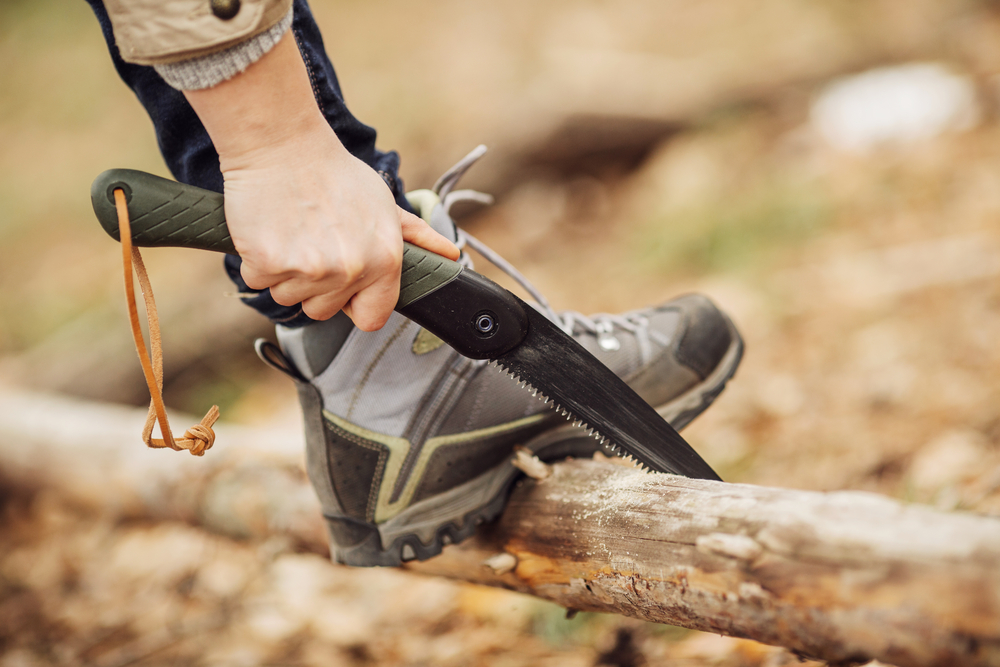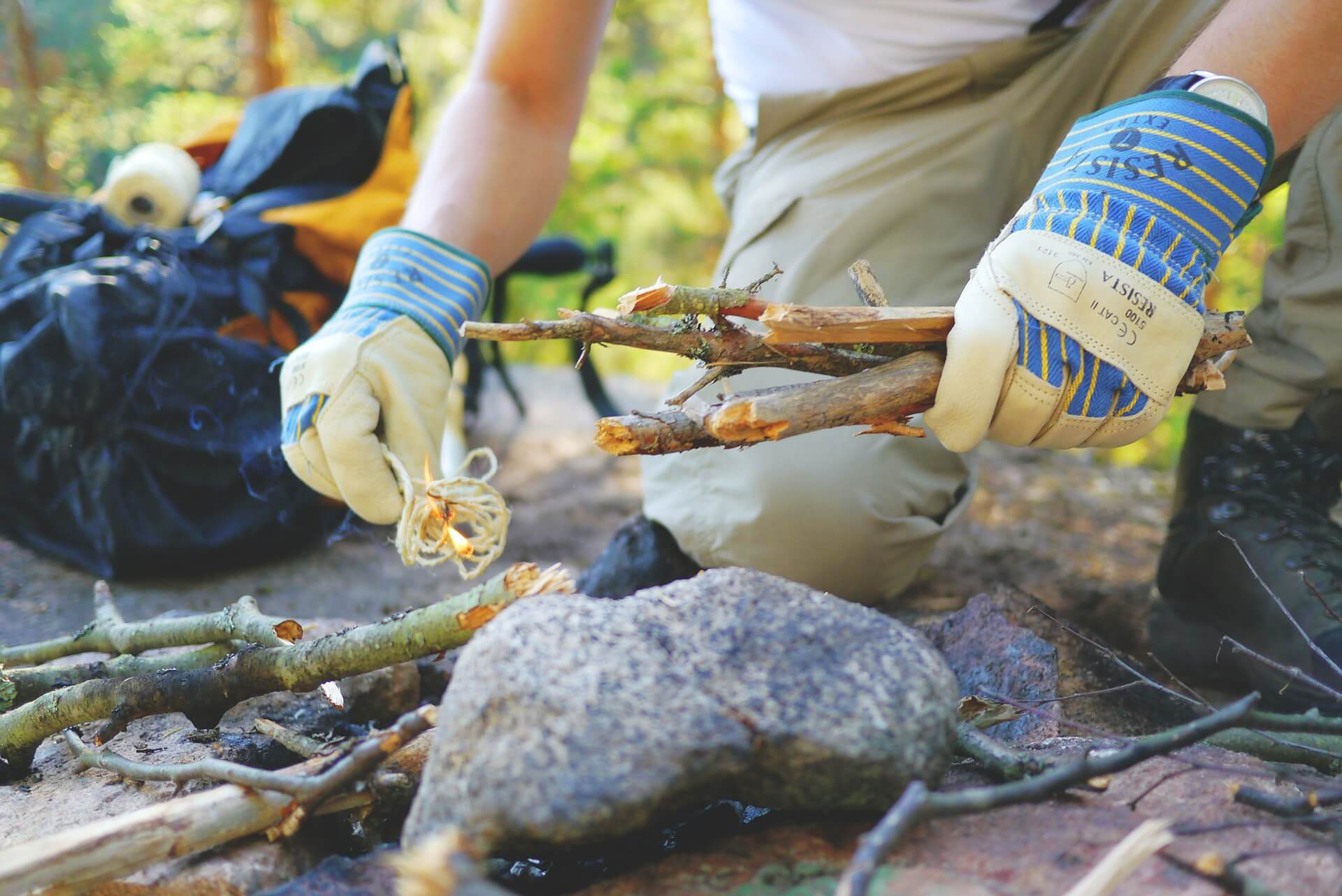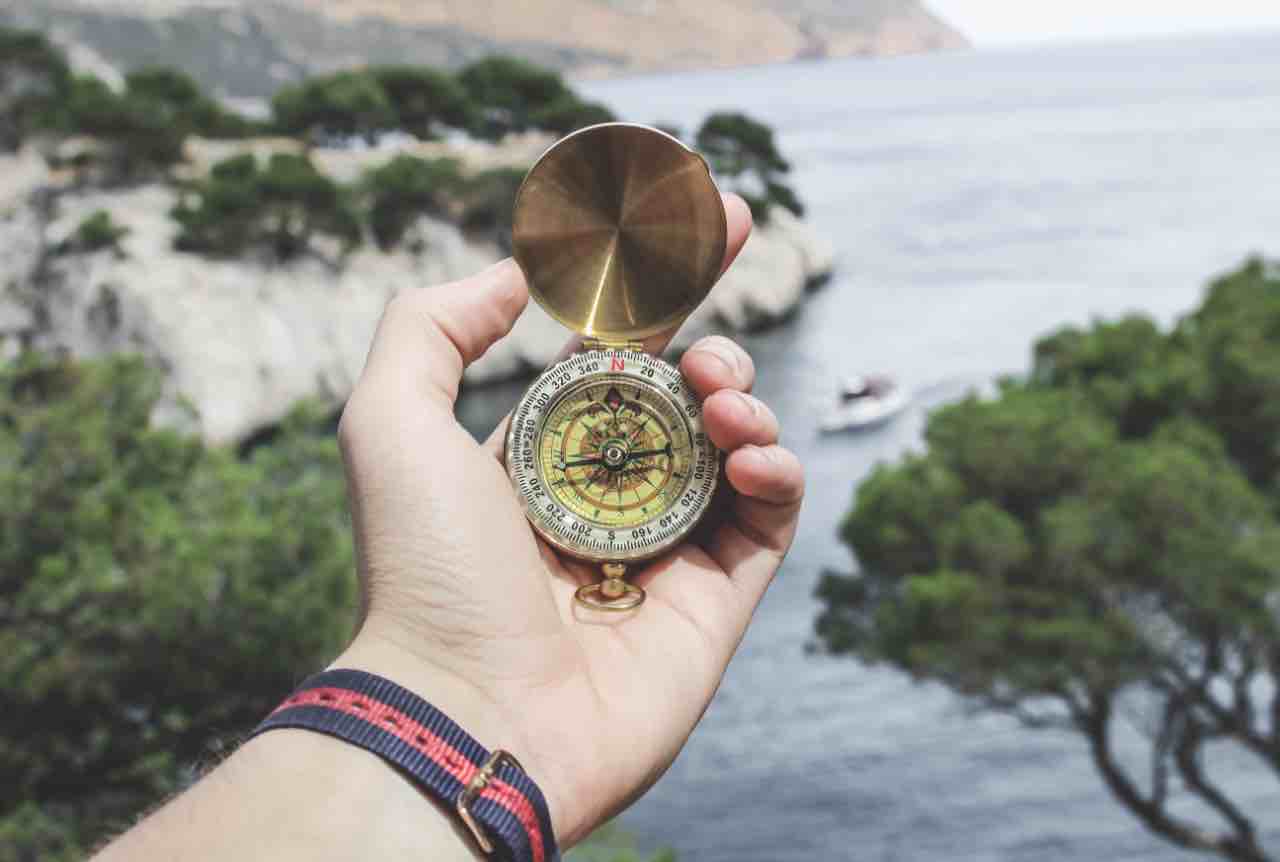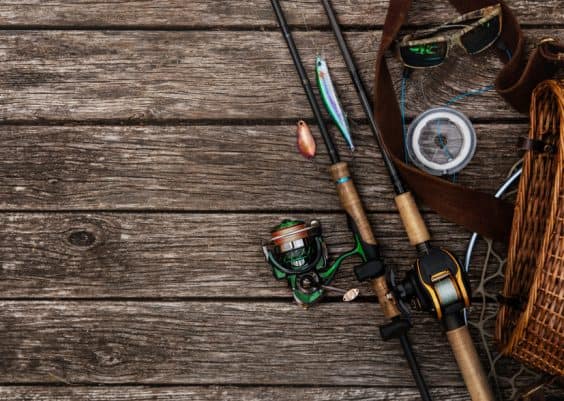Summer is finally here, and we’re all itching to get out on the waves and enjoy some much-needed sunshine. Whether you’re a proper sailor or a beginner boater, it’s crucial to prioritize safety so that your fun-filled adventures don’t end in disaster.
With this guide by your side, you’ll be well-equipped to navigate those safe waters while making unforgettable memories with family and friends.
We understand that boat safety might not be the most exciting topic, but essential knowledge’ll ensure everyone’s well-being during your aquatic escapades. Be sure to visit https://www.boatoutfitters.com/ for all things boat!
So before you set sail, take a moment to familiarize yourself with these key tips and guidelines – trust us, you won’t regret it!
Contents
Preparing Your Vessel For The Voyage
When it comes to ensuring boat safety for your summer adventures, the first step is preparing your vessel for the voyage.
A thorough voyage inspection is crucial to guarantee that your boat is in optimal condition and ready to face any challenges on the water. You’ll want to check all of the essential components, such as the hull, engine, electrical system, fuel system, and navigation equipment. Confirm that you have all necessary safety gear onboard, like life jackets and fire extinguishers.
Another vital factor to consider during your preparation is keeping an eye on the sky forecast. It’s essential to know what conditions you’ll face on your journey and plan accordingly. If there’s a storm predicted, or heavy winds are expected, you may need to reschedule or adjust your route to ensure a safer trip.
Being aware of the weather conditions will help you avoid potential hazards and pack appropriate clothing and gear for a more enjoyable experience.
To wrap up this section on preparing your vessel for a summer adventure, remember that a comprehensive voyage inspection and monitoring the weather forecast are key elements in ensuring boat safety. By taking these steps seriously and making any necessary adjustments based on the information gathered, you can significantly reduce risks while out on the water.
So before setting sail this summer season, make sure that both your boat and yourself are thoroughly prepared for whatever lies ahead.
Essential Safety Equipment Checklist
Now that we’ve covered the importance of preparing your vessel for the voyage let’s dive into another critical aspect of boat safety – having an essential safety equipment checklist.
Ensuring you have all the necessary gear on board will make your boating experience enjoyable and provide a sense of security, knowing that you’re well-equipped to handle all situations that may arise.
Equipment maintenance plays a vital role in ensuring your safety gear is functioning correctly and ready for use when needed. Regularly inspect your lifejackets, fire extinguishers, flares, VHF radio, navigation lights, and first aid kit to ensure they are in good working condition.
Lifejacket usage is crucial for all passengers on board, regardless of swimming abilities. Make sure to have enough lifejackets for everyone and educate them on how to wear them properly.
Additionally, check if other essential equipments like anchors, bilge pumps, and signaling devices are operational to keep you safe during unforeseen circumstances.
By following this essential safety equipment checklist and regular maintenance checks, you’ll be well-prepared for any challenges that come your way during your summer boating adventures.
It’s always better to be well over-prepared than under-prepared when venturing out on the water. So keep these guidelines in mind as you embark on your exciting aquatic escapades and ensure a safe and enjoyable time for everyone on board.
Now that we’ve discussed the importance of boat safety let’s dive into one of the most crucial aspects: proper communication and navigation techniques. Ensuring you have effective communication among your crew and a good understanding of maritime practices can make all the difference between a fun day on the water and a potentially disastrous situation.
This section will explore how to establish clear communication protocols and utilize modern navigation tools to ensure your boating adventure is safe and enjoyable.
Weather forecasting plays an essential role in safe navigation. Before embarking on any trip, it is vital to check local weather reports for any potential hazards or severe conditions. Being aware of the forecast can help you plan your route accordingly, avoiding areas prone to heavy storms or strong winds.
Crew coordination is equally important – ensuring that everyone on board understands their roles and responsibilities will help avoid confusion during emergencies or unexpected situations. Hold regular briefings with your crew members to discuss safety protocols, navigational updates, and any changes in weather conditions.
A successful boating adventure relies heavily on accurate navigation skills. With advancements in technology, numerous tools are now available to assist with this task. GPS devices have become standard equipment for many boats, providing real-time location information and chart plotting capabilities. Additionally, smartphone applications such as Navionics offer detailed marine charts that anyone with a mobile device can easily access.
By familiarizing yourself with these technologies and having backup options like traditional paper charts or compasses on board, you’ll be better prepared for whatever challenges come your way while out on the water.
Handling Emergencies And First Aid Procedures
It’s crucial to remember that emergencies can happen at any time, and being prepared for them is essential to boat safety. Conducting regular emergency drills with your crew or family members can significantly increase the chances of handling a crisis effectively. These drills should cover various scenarios, such as man overboard, fire on board, and engine failure. Practicing these drills will help you familiarize yourself with your boat’s safety equipment and ensure that everyone on board knows their roles and responsibilities during an emergency.
In addition to conducting emergency drills, having a well-stocked first aid kit on board is vital. Your first aid kit should include bandages, gauze pads, adhesive tape, antiseptic wipes, pain relievers, and tweezers.
Additionally, it’s a good idea to have seasickness medication and sunburn relief products readily available for those unexpected moments. Familiarizing yourself with basic first aid procedures can also make a huge difference in responding effectively to medical emergencies on the water.
Being prepared for emergencies doesn’t stop at having the necessary equipment; it’s about knowing how to use them effectively as well. Ensure you know how to operate your boat’s communication system in case you need assistance from other boaters or rescue services.
Keep important phone numbers and contact information handy to be easily accessible when needed. By taking these preventive measures and staying vigilant during your summer adventures, you can navigate safe waters while creating lasting memories with your loved ones.
Last Updated on May 25, 2023
